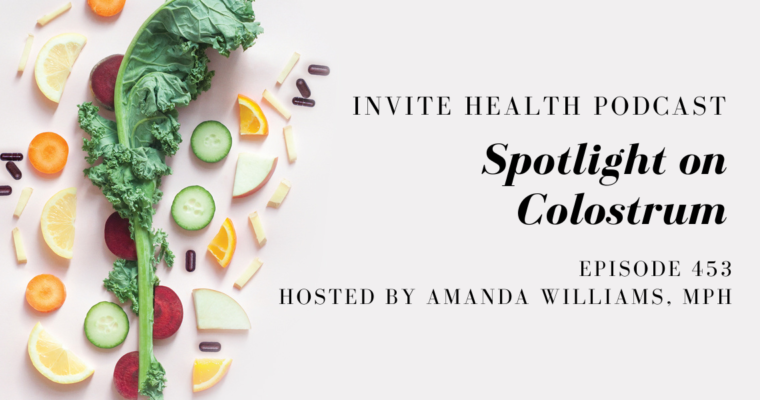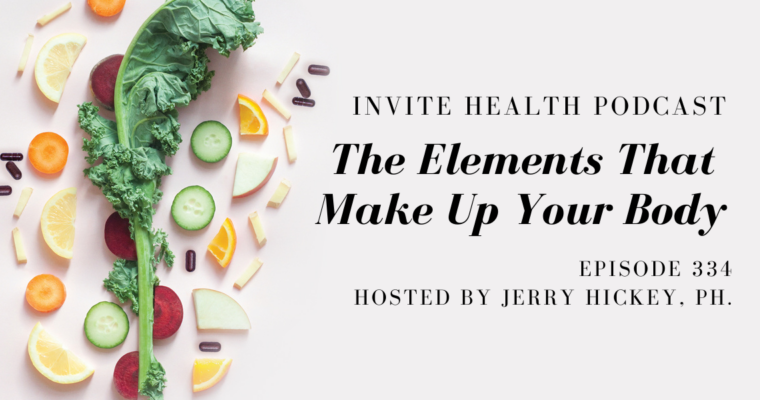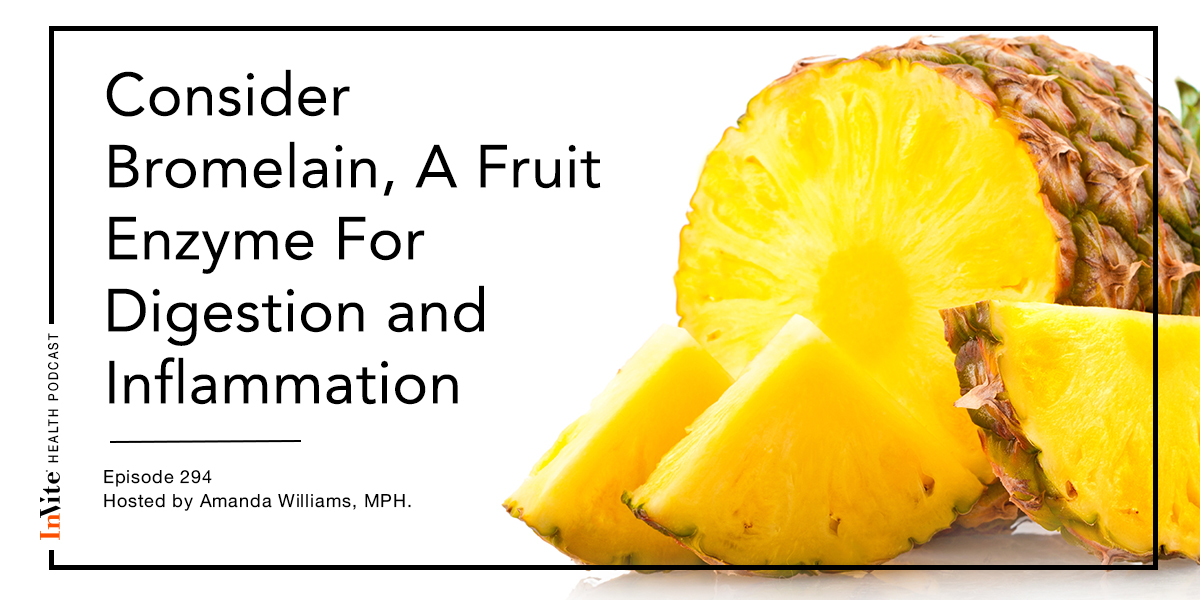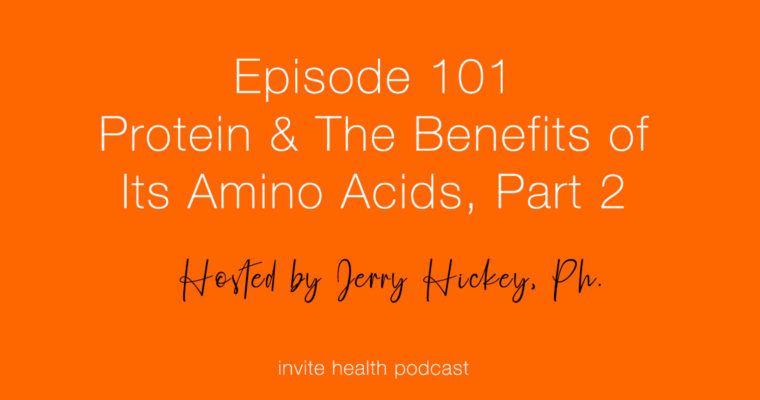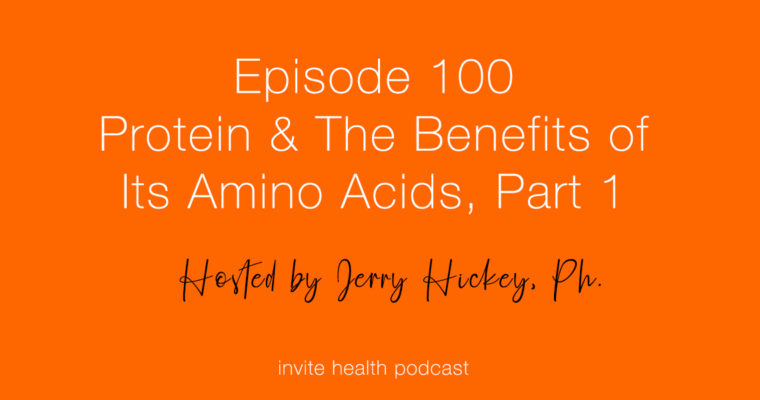Photo by Xan Griffin on Unsplash
You may think that having healthy hair means you need to use the right products on your hair itself. But what if we told you that healthy hair begins on the inside, with specific hair care nutrients?
The Basics.
Your hair growth, strength and brightness depends on many factors. But most important are the nutrients supplied from your diet, as what you consume is broken down in the bloodstream and circulated to your scalp.
Here’s how it works. Your hair consists of the protein keratin, which is built up by amino acids. During digestion, high-protein foods (like eggs, meat and fish) are broken down into amino acids and circulated into the bloodstream. They are then rearranged to be built up into keratin in the cells of the hair. Simply put – our hair is what we eat. Because of this, there are a few superior hair care nutrients that have been recommended by health and hair care experts for healthy, strong hair.
Protein.
As mentioned above, your hair is constructed mainly of protein. So it makes sense that a diet that does not have enough, may cause dull, brittle hair. There are protein-rich foods you should include into your diet, like egg yolks, kale, beans and chicken.
If you are looking for superior hair care nutrients, there is no better protein than Collagen. It is the most important element in our skin; 70% of our skin is made of sheets of Collagen. But by our late 20s, our skin loses Collagen at a rate of 1.5% per year!†
Spotlight: This Hair Care Treatment Mask is Perfect to Get Rid of Dry, Brittle Hair! Read More >>
MSM
MSM, or Methyl Sulfonyl-Methane, is a sulfur found naturally in our bodies and certain plants. It has the ability to enhance collagen and keratin, as it is high in the amino acid cysteine. Cysteine is the key element responsible for rebuilding skin and hair tissue. MSM can be found in foods like cabbage, broccoli, kale, onions and garlic.
For those turning to supplementation, a non-GMO MSM supplement can also support the health of your respiratory tract, skin, muscles and circulatory system. It has even been shown to support joint health.†
Zinc
Zinc is an essential mineral required by the body on a daily basis. A healthy supply of zinc helps our immune and nervous systems run smoothly. As a hair care nutrient, it has been shown to regulate hormones in the body and maintain the production of oil-secreting glands on the scalp that help your hair grow. Zinc can be found in chickpeas, oysters and beef.
Zinc Picolinate is the most highly-absorbable form of zinc. This is important, as zinc’s absorption into the body is complex; the body requires zinc to first pass through intestinal membranes, then the bloodstream, and finally into each individual cell. Talk about a difficult initiation!†
Biotin
You have probably heard of Biotin in your hair care research. This is for good reason! Biotin is one of the most popular B-Complex vitamins and hair care nutrients that have been shown to help restore shine and thickness to your hair. Studies have shown that too little biotin in the body can cause brittle hair and may even lead to hair loss. You can find B-vitamins in whole grains, eggs, avocados and legumes.
A superior non-GMO Biotin supplement can also support energy creation, muscle maintenance and be useful for supporting blood sugar levels. This is because biotin has the ability to metabolize carbs and fats that are absorbed into our body, into metabolites that the body can use for energy. Shout out to biotin, the infamous hair care nutrient!
The Chemicals in Common Hair Care Products and the Damage They Cause! Read More >>
Omega-3s
For years, health experts have been touting the benefits of fats from fish and rightfully so. Omega-3’s are considered to be the best source of fats, as they are nourishing for our bodies both inside and out. These essential hair care nutrients can reach both the hair shaft and cell membranes in our scalp, nourishing the follicles and promoting healthy hair growth. Plus, studies are showing that omega-3’s have the ability to add elasticity to your hair, preventing breakage and even some hair loss! Your body can’t produce omega-3 fatty acids on its own, so turn to flax seeds, salmon, walnuts and tuna for your intake.
If you need more omega-3’s in your diet, supplementing with Krill oil can be a great choice to supply important hair care nutrients. Krill oil supplements are superior suppliers of EPA and DHA. In Krill, these fish oils are attached to phosphatides, which shield them from digestive juices that can cause damage, and helps improve their absorption. A superior Krill oil supplement is non-GMO and made from fish gelatin capsules, to protect the capsule and offer superior absorption and bioavailability.
Questions about these important hair care nutrients? Leave a comment below to speak with a certified healthcare professional!

